We’re excited to introduce you to the always interesting and insightful Iya Thomas. We hope you’ll enjoy our conversation with Iya below.
Alright, Iya thanks for taking the time to share your stories and insights with us today. Can you talk to us about serving the underserved.
My journey has always been about creating spaces where everyone, especially those often overlooked, feels seen and valued. As an entrepreneur, I’ve dedicated my work to serving the plus-size community and individuals with intellectual disabilities, using my platforms to advocate for accessibility and inclusivity. One initiative I’m incredibly proud of is my “Fatty Friendly Guide,” which highlights safe spaces for people of size, empowering them to live fulfilling, fear-free lives.
This mission has not only allowed me to build a path of economic independence but also to become a voice for those who are too often sidelined by societal norms. My efforts have been recognized by leaders like Congressman Anthony D’Esposito and Senator Patricia Canzoneri-Fitzpatrick, and I was recently honored with a Full Figured Industry Award. What truly sets my work apart is the focus on marginalized communities, ensuring they feel empowered to step into spaces where they might not have felt welcome before. Knowing that my work resonates with people who often feel like they don’t fit in keeps me motivated to keep advocating for change and inclusivity.
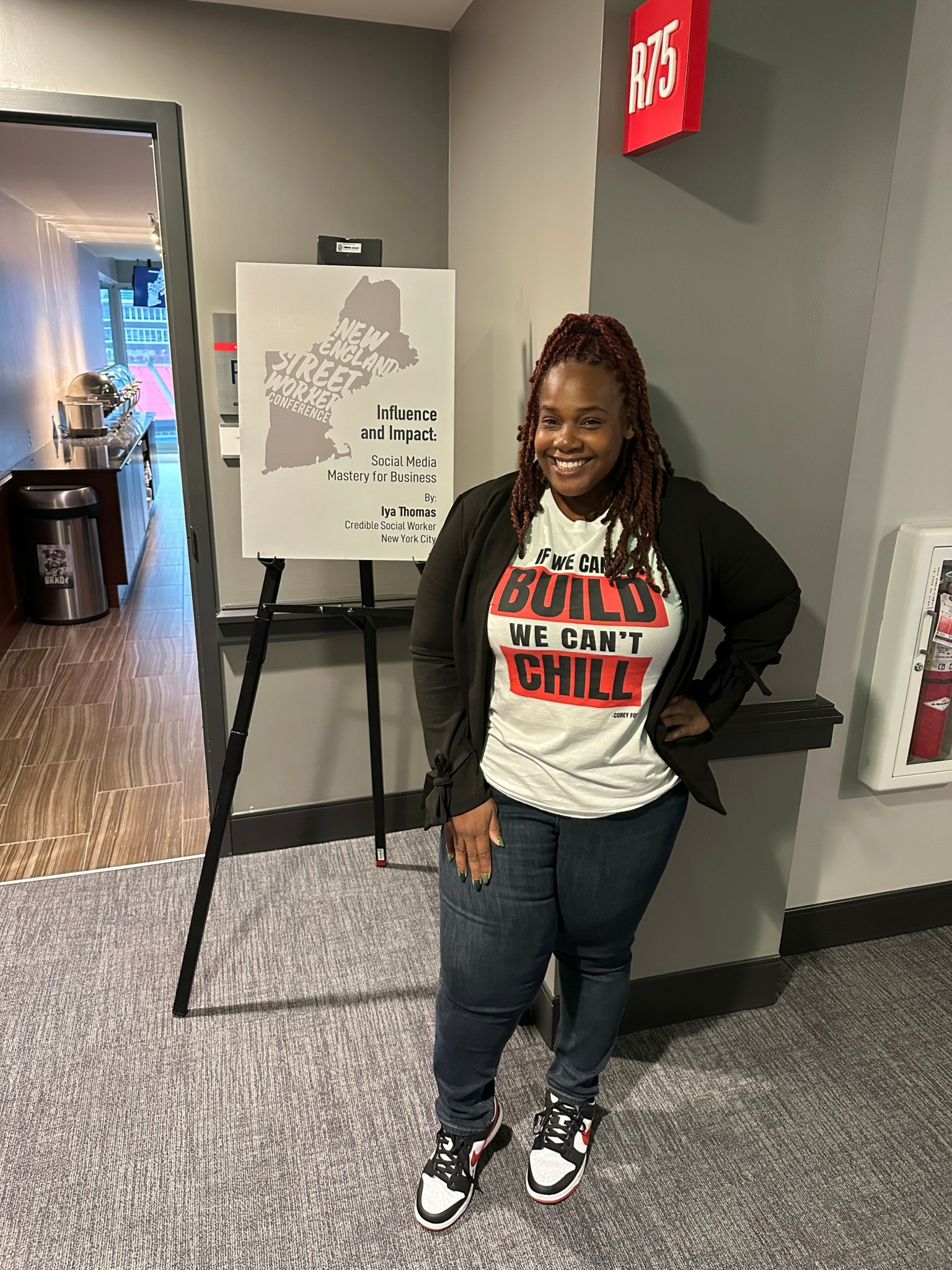
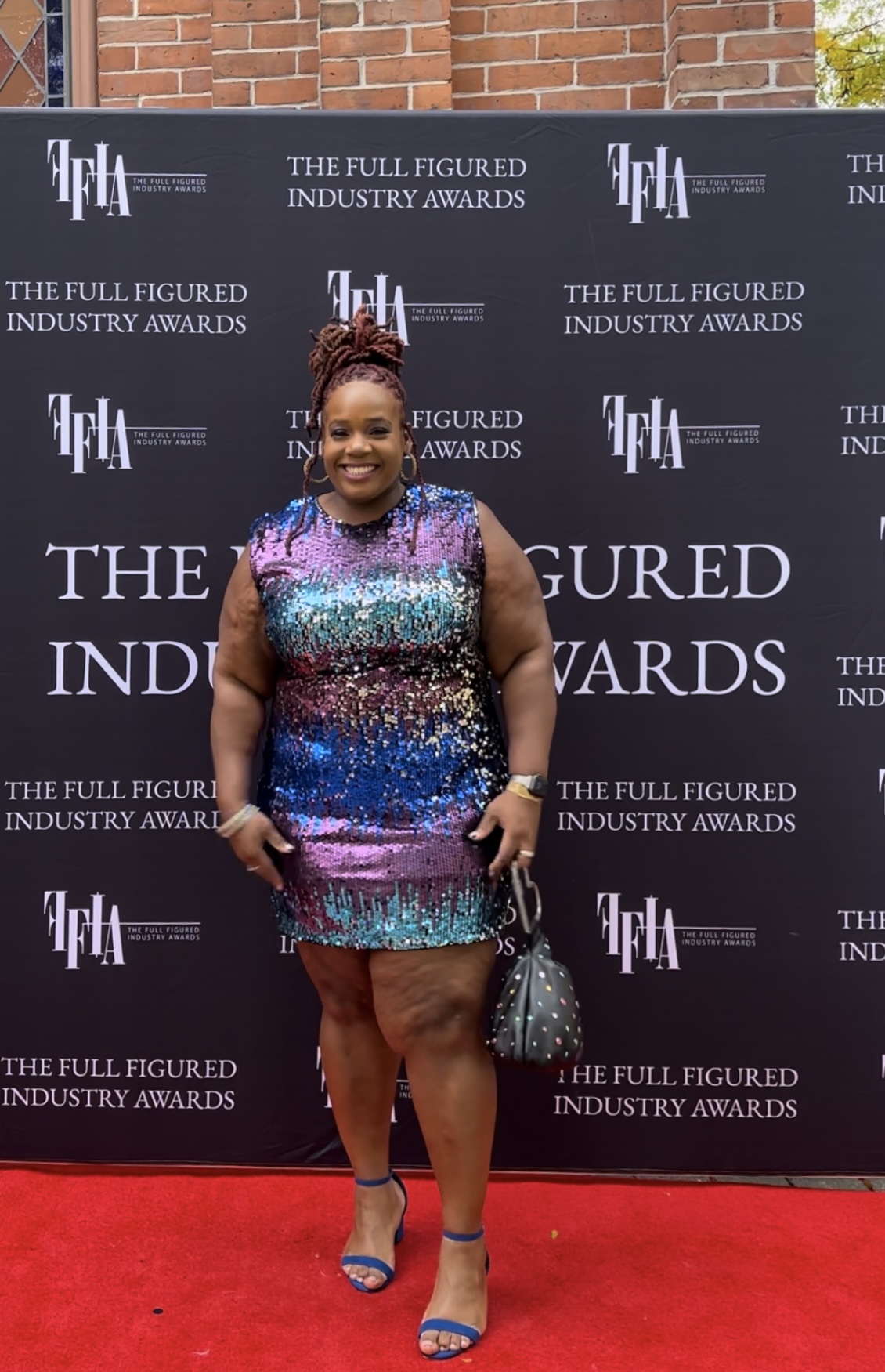
Iya, before we move on to more of these sorts of questions, can you take some time to bring our readers up to speed on you and what you do?
My journey to entrepreneurship began with a deeply personal and humbling moment—I went on a date and couldn’t fit into the booth. The embarrassment was overwhelming, and I felt lost. But then I realized I couldn’t possibly be alone in feeling this way. With so many people navigating a world that often isn’t designed with us in mind, I knew something had to change. That moment sparked the creation of Shapely, a brand dedicated to carving out spaces for plus-size individuals, addressing the issues we face, and highlighting safe havens where we can engage in activities without judgment or exclusion.
In building Shapely, I found myself pouring an enormous amount of money into media production—renting studios, finding accessible spaces, and creating content. That challenge gave birth to Snap Scene, a 2,400-square-foot media studio intentionally designed to be accessible and size-inclusive. Snap Scene quickly became more than a studio—it was a safe, empowering space where creativity thrived. I used it to host workshops for individuals with intellectual disabilities, teaching skills ranging from video production to holiday-themed arts and crafts.
Snap Scene also allowed me to expand my mission into education. I taught entrepreneurship workshops to New York City students and had the incredible opportunity to lead a social media workshop at Gillette Field for the Street Workers Conference. There, I worked with individuals facing recidivism and reentry into society, helping them discover how they could break into the world of media and storytelling.
What began as a way to create space for myself grew into something much bigger. Today, Shapely and Snap Scene stand as two thriving entities, serving underserved communities while remaining open to all. They’re proof that when you listen to the gaps in the world around you, solutions can grow into movements that empower others.
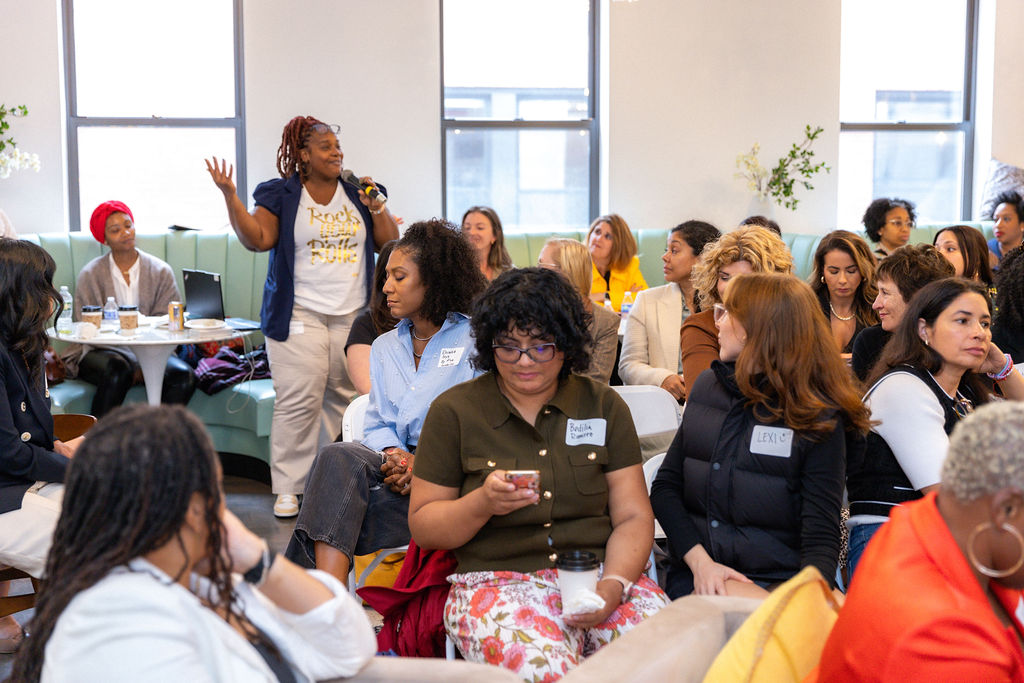
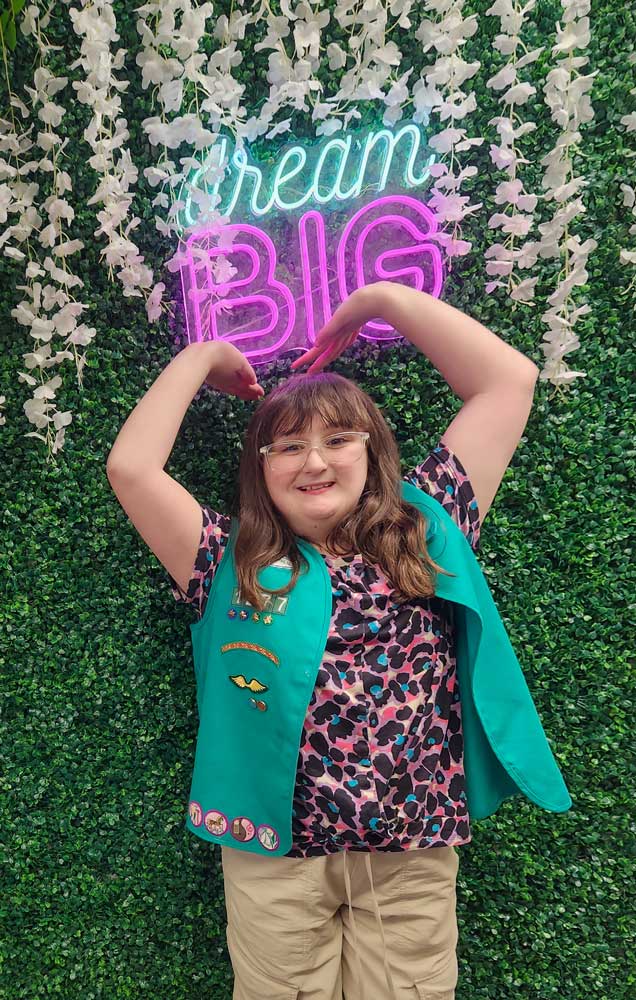
We’d love to hear a story of resilience from your journey.
The first half of 2024 was both humbling and heartbreaking. In Q2, I made the difficult decision to close my studio—a place that had brought so much joy and served as a safe haven for NYC Department of Education students, Girl Scouts, and individuals with intellectual disabilities. It was a space where I taught, inspired, and built community, but as much as I loved championing that movement, I realized I couldn’t do it alone. Without the resources to build a team, I had to face the reality that continuing on my own was unsustainable. Closing the studio felt like the ultimate failure.
I cried for months, battled depression, and questioned my purpose. But amidst that pain, I rediscovered my love for public speaking and teaching workshops—something I’d often done at the studio. I decided to pivot Snap Scene’s focus. While still offering photo booth services, we transitioned to providing workshops and media services directly to businesses, meeting them where they were. What initially felt like a loss turned out to be the best decision I could have made. Businesses preferred us coming to them, and this shift led to Snap Scene’s most profitable quarters ever in Q3 and Q4 of 2024. With stress at an all-time low, I was finally able to breathe again—and keep my edges as hair loss form stress is real!
This new chapter not only reinvigorated Snap Scene but also allowed me to return to my other passion: Shapely. I had more time to host events, grow the Fatty Friendly Guide, and create media that celebrated spaces for plus-size individuals. What seemed like an ending became a new beginning, proving that sometimes what feels like failure is actually a redirection.
To anyone who feels like they’ve failed: know that the end of one chapter can be the beginning of something even greater. Resilience isn’t about avoiding setbacks—it’s about finding the strength to pivot, push through, and embrace what’s next.
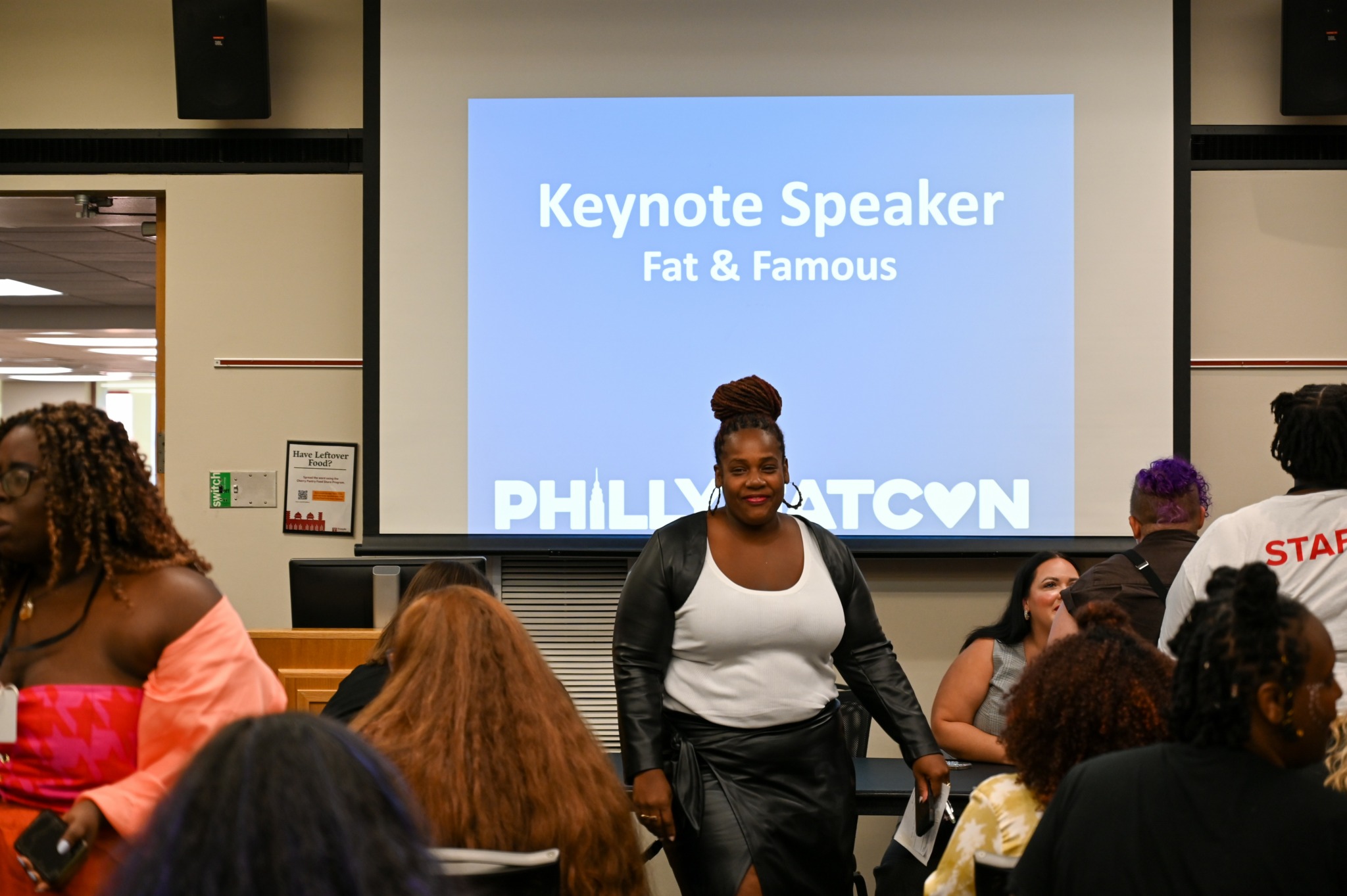
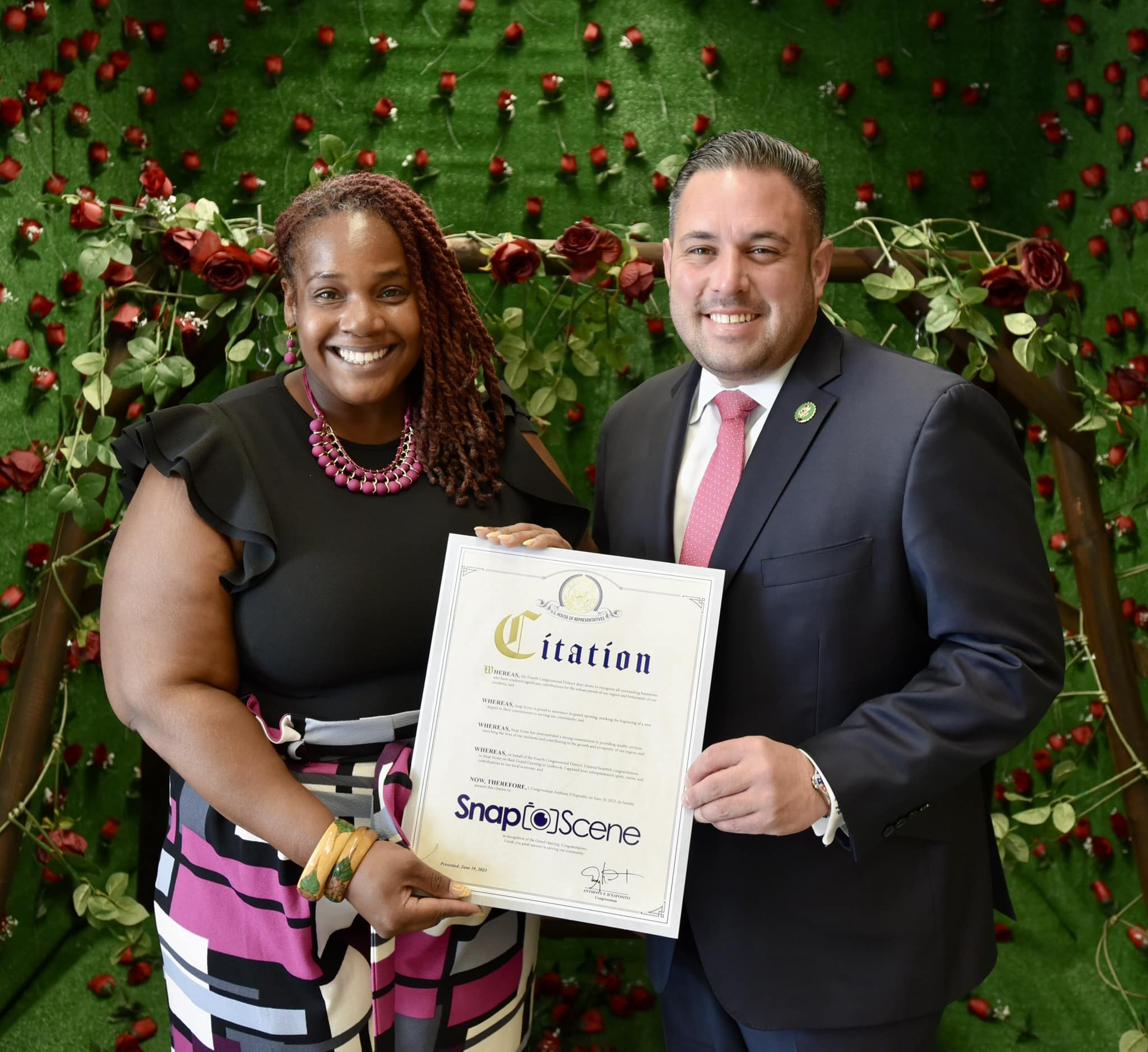
What’s a lesson you had to unlearn and what’s the backstory?
One of the biggest lessons I’ve learned, and one that I attribute to the downfall of my brick-and-mortar, is the importance of healing your relationship with money before stepping into entrepreneurship. How you manage money in your personal life directly impacts how you handle it in your business.
Growing up with turbulent financial experiences, I developed a mindset of holding onto every dollar out of fear. When I took a substantial loan for my business, instead of strategically investing in areas that could drive growth, I hoarded the funds, thinking, “I need to ensure I can cover rent seven months from now.” This fear-based approach prevented me from hiring the team I desperately needed, ultimately leading to the downfall of my brick-and-mortar location.
That experience forced me to confront and heal my relationship with money. I had to embrace the concept that an open hand to give is also an open hand to receive. Business requires calculated risks, including spending wisely to build the right systems and invest in growth. When you put the right structures and standard operating procedures in place, the money you spend comes back tenfold.
To anyone struggling with a turbulent relationship with money—whether it’s about budgeting, overspending, or, like me, the fear of letting go—know that addressing and healing that relationship is critical before starting a business. Left unresolved, it can hold you back, as it did in my case. But once you shift your mindset and approach money with strategy and trust, you set yourself up for long-term success.
Contact Info:
- Website: https://www.snapsceneny.com
- Instagram: https://www.instagram.com/snapsceneny
- Facebook: https://www.facebook.com/SnapSceneNY
- Linkedin: https://www.linkedin.com/in/iyathomas/
- Twitter: https://x.com/snapsceneny
- Youtube: https://www.youtube.com/@ShapelyEvents
- Other: For Shapely, @shapelyevents on all platforms. For Snap Scene, @snapsceneny.com on all platforms.
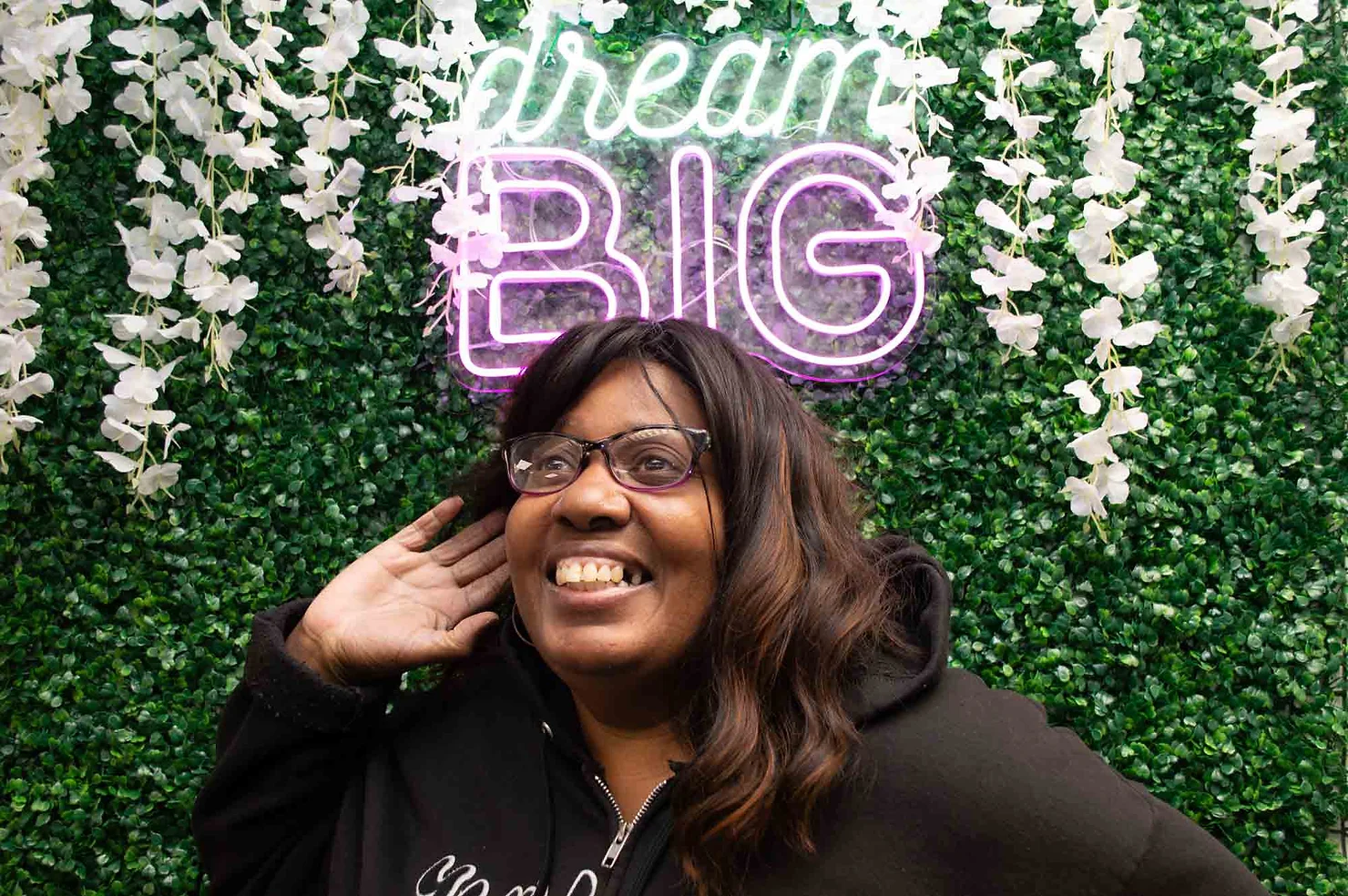

Image Credits
Franklyn Douglas, Iya Thomas and Luminary Studios


